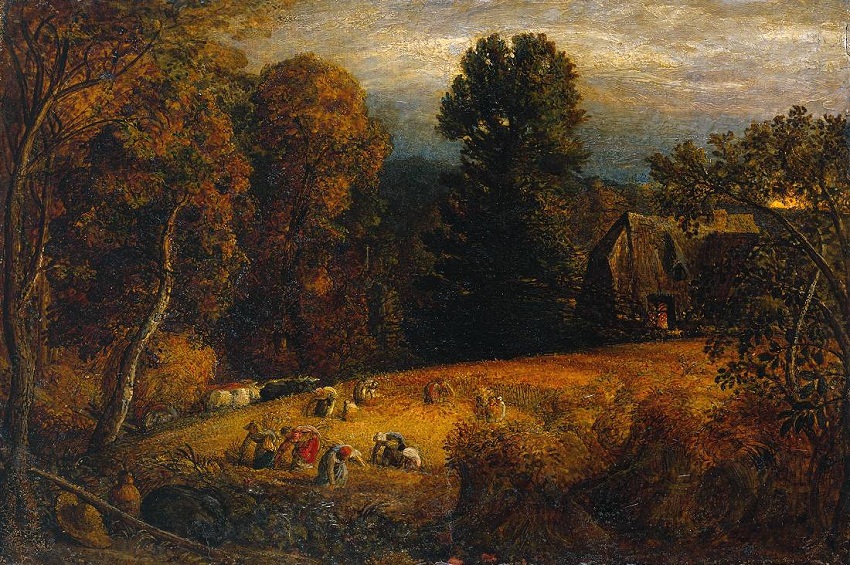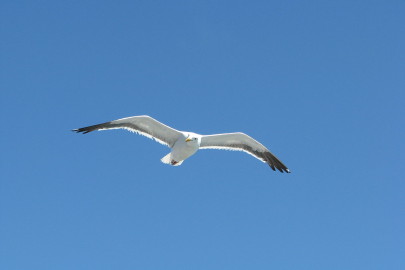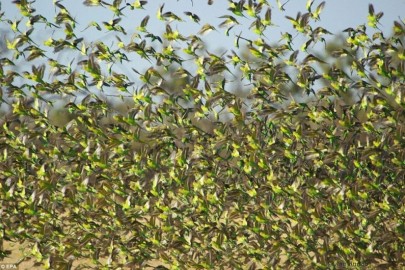This week Stephen brings you some poetry for autumn…
Because October is my favourite month and because this is my favourite season, today I pursue an autumnal theme. Here is a poem by Elizabeth Jennings from one of her early collections. (Collections which are well worth returning to.)
Song at the Beginning of Autumn
Now watch this autumn that arrives
In smells. All looks like summer still;
Colours are quite unchanged, the air
On green and white serenely thrives.
Heavy the trees with growth and full
The fields. Flowers flourish everywhere.
Proust who collected time within
A child’s cake would understand
The ambiguity of this —
Summer still raging while a thin
Column of smoke stirs from the land
Proving that autumn gropes for us.
But every season is a kind
Of rich nostalgia. We give names —
Autumn and summer, winter, spring —
As though to unfasten from the mind
Our moods and give them outward forms.
We want the certain, solid thing.
But I am carried back against
My will into a childhood where
Autumn is bonfires, marbles, smoke;
I lean against my window fenced
From evocations in the air.
When I said autumn, autumn broke.
Elizabeth Jennings, from A Way of Looking (1955).
Ah, those long-lost innocent days before the authorities banned the burning of leaves! Yes, yes, our World is no doubt a healthier and cleaner place than it was in those benighted times — with the help of experts we are surely progressing toward a pristine state. And yet, is autumn autumn without the scent of leaf-smoke?
Here is another leaf-tinged offering, by Derek Mahon.
Leaves
The prisoners of infinite choice
Have built their house
In a field below the wood
And are at peace.
It is autumn, and dead leaves
On their way to the river
Scratch like birds at the windows
Or tick on the road.
Somewhere there is an afterlife
Of dead leaves,
A stadium filled with an infinite
Rustling and sighing.
Somewhere in the heaven
Of lost futures
The lives we might have lived
Have found their own fulfilment.
Derek Mahon, from Selected Poems (The Gallery Press/Viking 1991).
Rainer Maria Rilke’s poem “Herbsttag” (“Autumn Day”) has likely been translated into English dozens of times. I am familiar with the following two versions:
Autumn Day
Lord: it is time. The huge summer has gone by.
Now overlap the sundials with your shadows,
and on the meadows let the wind go free.
Command the fruits to swell on tree and vine;
grant them a few more warm transparent days,
urge them on to fulfilment then, and press
the final sweetness into the heavy wine.
Whoever has no house now, will never have one.
Whoever is alone will stay alone,
will sit, read, write long letters through the evening,
and wander on the boulevards, up and down,
restlessly, while the dry leaves are blowing.
Translated by Stephen Mitchell in The Selected Poetry of Rainer Maria Rilke (1982).
Autumn Day
Lord, it is time. The summer was too long.
Lay your shadow on the sundials now,
and through the meadows let the winds throng.
Ask the last fruits to ripen on the vine;
give them further two more summer days
to bring about perfection and to raise
the final sweetness in the heavy wine.
Whoever has no house now will establish none,
whoever lives alone now will live on long alone,
will waken, read, and write long letters,
wander up and down the barren paths
the parks expose when leaves are blown.
Translated by William Gass in Reading Rilke: Reflections on the Problems of Translation (1999).












How about “The Wild Swans at Coole”?
There is a line I remember from The Last Puritan, roughly “Autumn awakened the native optimist.” It really is a wonderful season (month) in the parts of North America that I know.
George: Yes, Yeats is very good at autumn, isn’t he? I’ve recently been revisiting his early “Celtic Twilight” poems, which, as you know, include some lovely autumn poems. For instance: “The Falling of the Leaves” (“Autumn is over the long leaves that love us,/ And over the mice in the barley sheaves . . .”) and “Ephemera” ( ” . . . and the yellow leaves/Fell like faint meteors in the gloom”).
Thank you for the passage from Santayana, which I hadn’t seen before. The word that I usually associate with autumn is “wistful.” But I see what he is getting at: the season’s beauty can awaken a feeling of optimism as well.
I really enjoyed that Jennings poem – thanks for the introduction.
My pleasure, Gaw. I’m glad you liked it. As I suggested in the post, Jennings’s poetry tends to be overlooked. Although she was lumped in with “The Movement” group of the 50s (Larkin, Amis, et al.), she continued to publish until 2001, the year of her death. She wrote many fine poems.
Interesting and rather enigmatic ending it has.
I must buy a collection of her stuff, if there’s one out there.